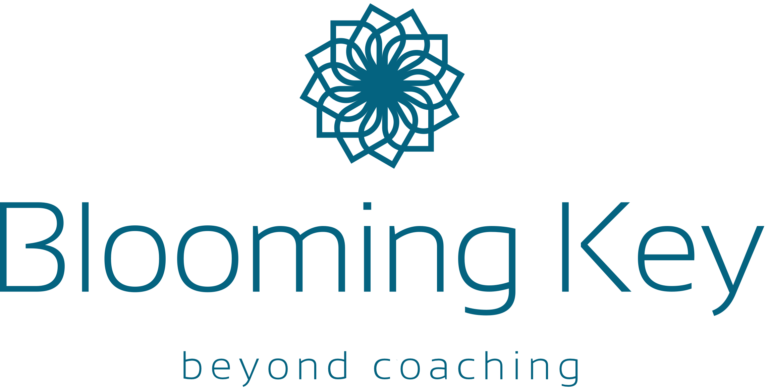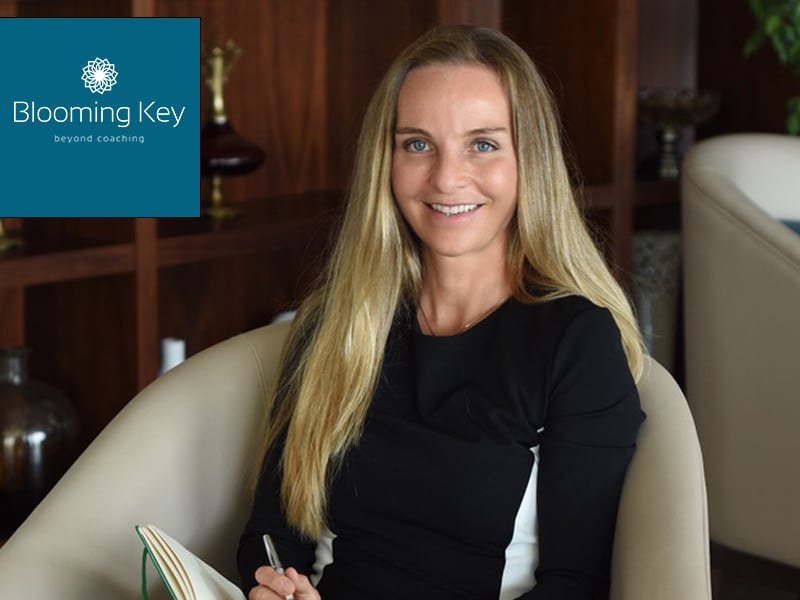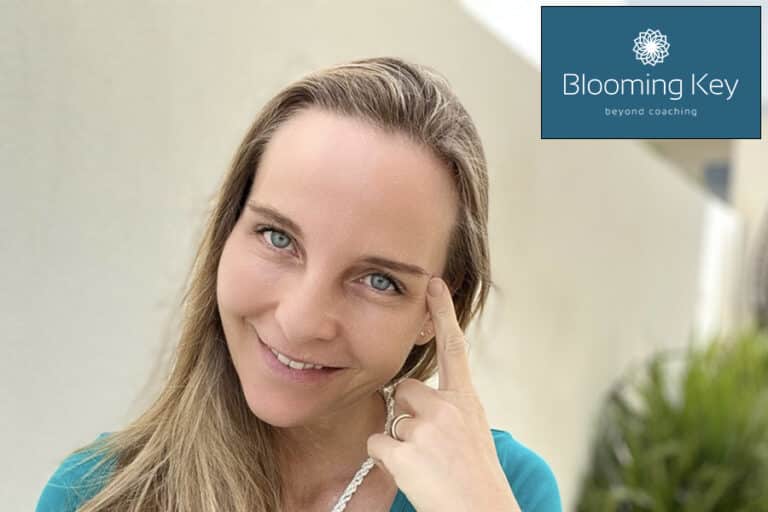A life coach can help you achieve your goals, conquer obstacles, and unlock your potential. But with so many coaches out there, how do you find the right one for you? The key is to ask the right questions! In this post, we’ll cover some crucial questions to ask potential coaches, including why gut feelings and reviews matter and how being open to change is vital for success. Plus, we’ll explore the difference between classical life coaches and mental fitness coaches with their bio-energetic approach.
What is a Life Coach, Anyway?
A life coach is like a personal trainer for your mind! They help you get clear on your goals, develop a plan to achieve them and provide accountability and support to keep you on track. They’re not therapists but may use some therapeutic techniques in their coaching practice.
Questions to Ask Your Potential Coach
- What’s your coaching style, and do we click?
Every coach has a unique coaching style and philosophy. Some coaches may be more straightforward, while others may use a more collaborative approach. It’s crucial to vibe with your coach’s style and that you feel comfortable sharing your goals and challenges. - What’s your background and experience?
You want a coach with some real-life experience, am I right? Ask about their experience working with clients who have similar goals or challenges to you. Ask about their education, professional background, and any relevant certifications or credentials they hold. - What do your clients say about you?
Success rates matter, but reviews are essential too, my friend! Check out their Google or social media reviews, and feel free to ask for references. What are their clients saying about their coaching style, effectiveness, and support? - How do you help clients who are resistant to change?
Change is never easy, but it’s crucial for growth. Ask how the coach handles clients who are resistant to change or struggle with new ideas. You want a coach who can help you break through your limitations and reach your full potential. - What’s your availability and communication style?
Find out how frequently you’ll be meeting with your coach and what their communication style is like. Some coaches may prefer to communicate via email or phone, while others may offer in-person sessions. Make sure their availability and communication style work for you. - How do you handle confidentiality and boundaries?
Life coaching involves a high degree of trust and confidentiality. Ask about the coach’s approach to confidentiality and how they handle boundaries with clients. You want to make sure you feel safe and comfortable sharing your innermost thoughts and feelings. - What’s the difference between a classical life coach and a mental fitness coach?
Well, a mental fitness coach is also a life coach, but they take a unique approach to coaching that includes bio-energetic techniques. In addition to helping clients set goals, make mindset shifts, and develop action plans, mental fitness coaches also use bio- energetic techniques to help clients identify and overcome subconscious beliefs that may be holding them back. These techniques can help clients tap into their body’s energy systems to create positive changes in their thoughts, emotions, and behaviour. This approach can be particularly helpful for clients who feel stuck or are struggling to make progress with traditional coaching techniques. Considering which approach might be right for you and your goals is important.
Why Gut Feelings and Reviews Matter
Choosing a life coach is a big deal; your gut feelings matter! You need to feel comfortable and trusting with your coach to be open and honest about your goals and challenges. Plus, reviews can provide a sense of the coach’s effectiveness and impact on their clients.
Being Open to Change
A life coach can provide you with the tools and support to achieve your goals, but you need to be open to change and new ideas. A willingness to embrace growth and challenge your limitations is key to success in coaching.
Wrapping it up
Finding the right life coach for you requires asking the right questions. It’s important to consider a coach’s style, experience, success rate, availability, communication style, and approach to confidentiality. Gut feelings and reviews are also crucial in making your decision, as you want to feel comfortable and trusting with your coach. Furthermore, being open to change and new ideas is essential for success in coaching. With the right coach, you can unlock your potential, achieve your goals, and conquer obstacles.
Keen to get started? Book a free introductory session today.






